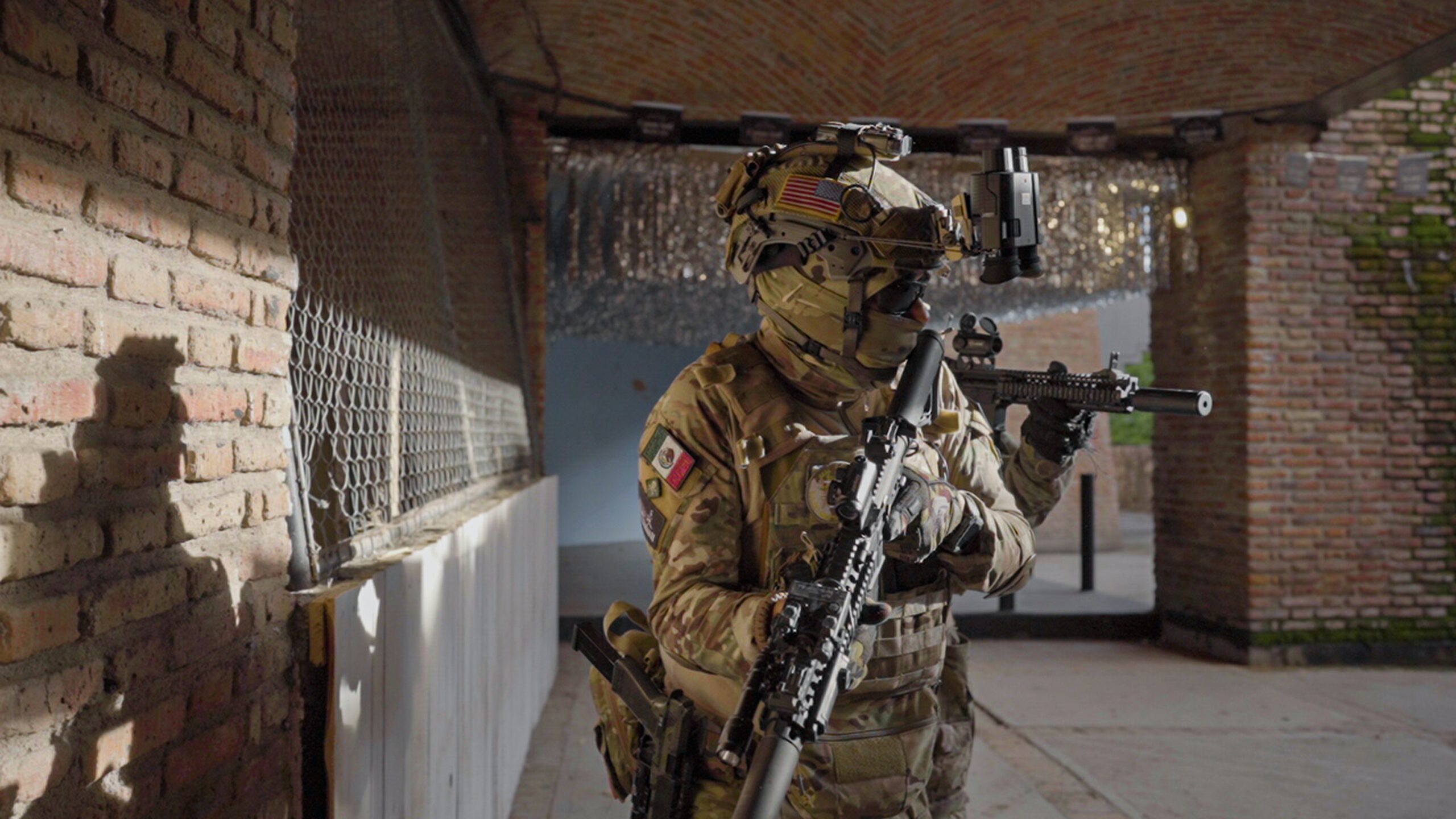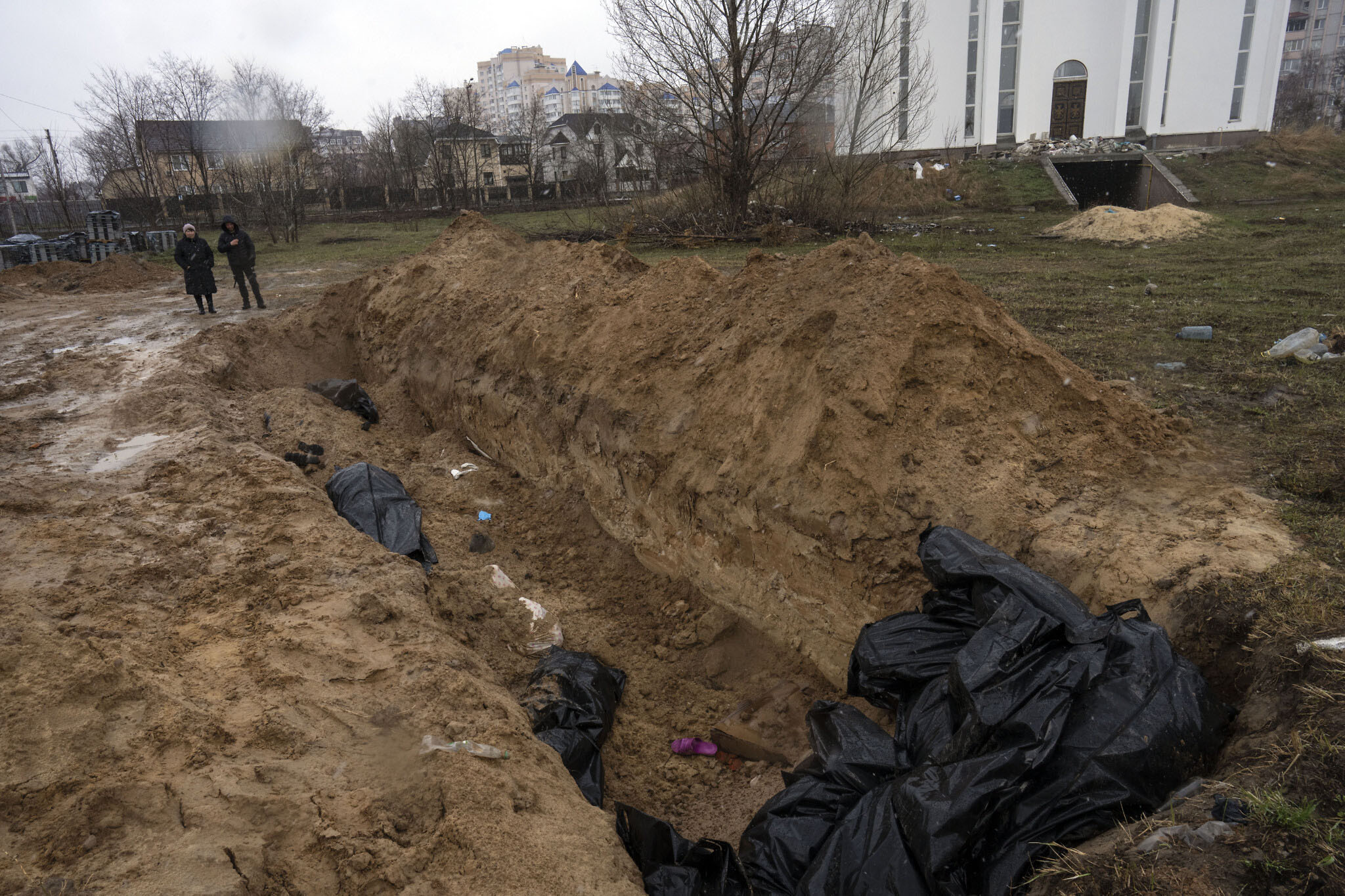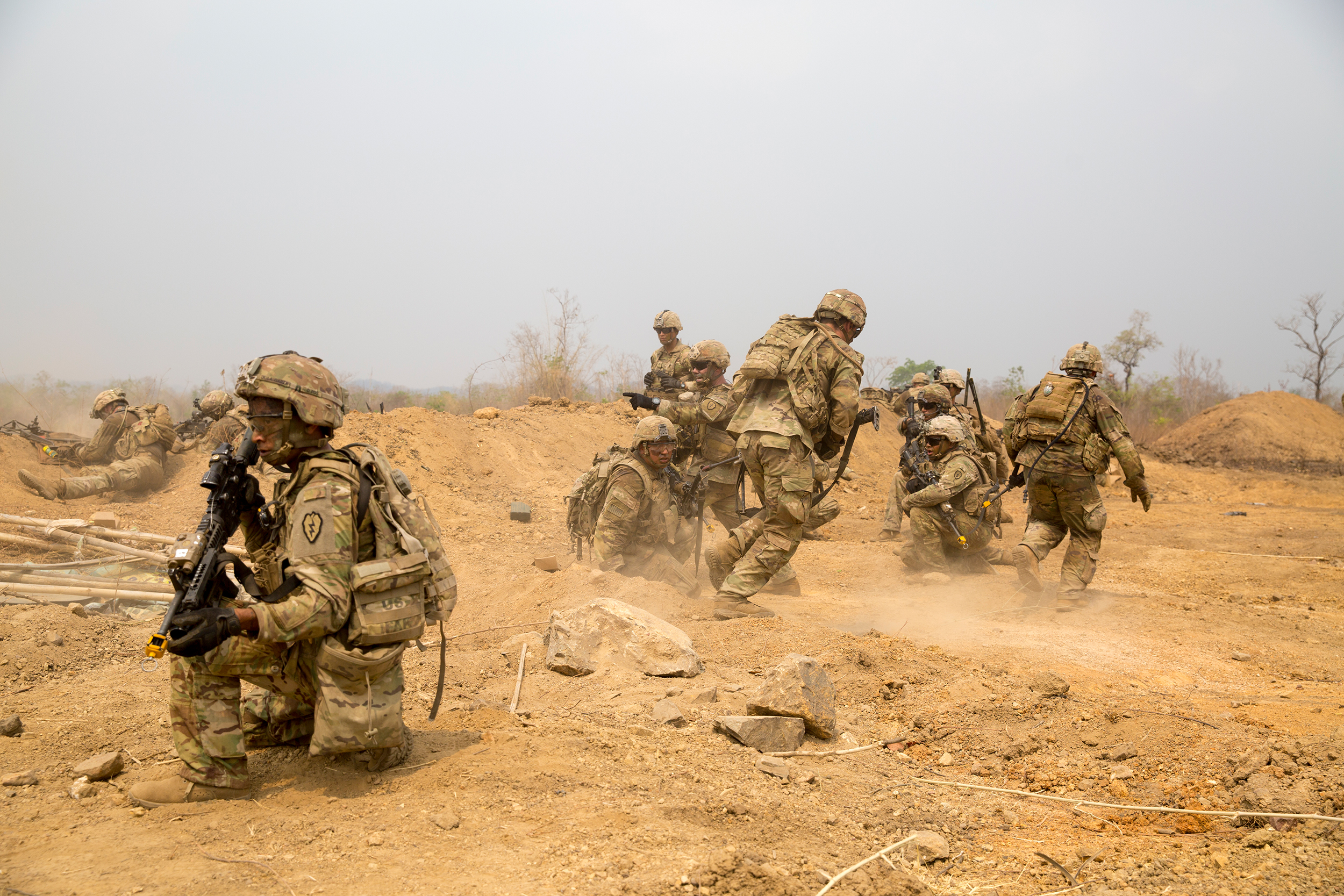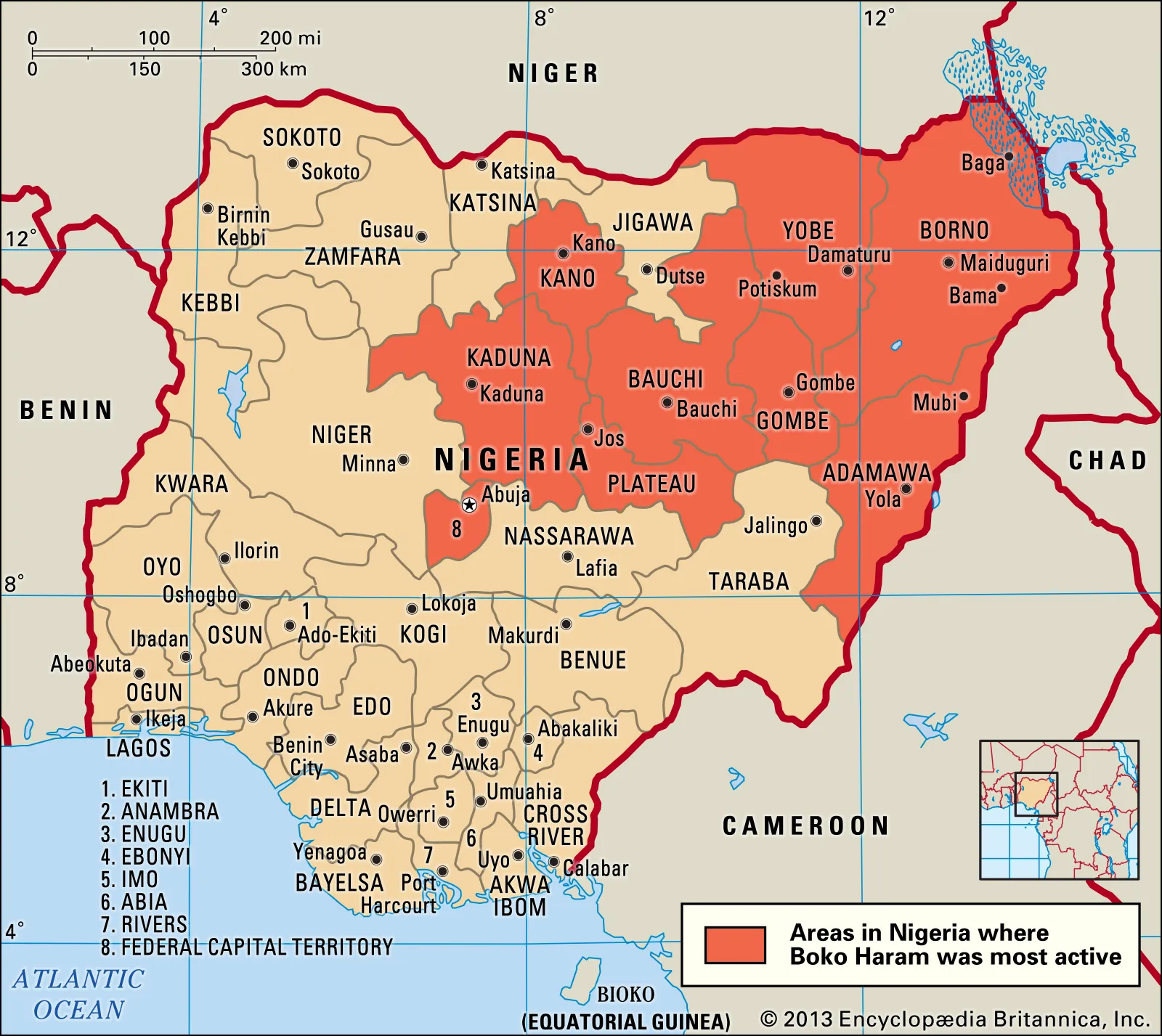
Private Military and Security Companies Undermine Peacebuilding Efforts
The presence of private military and security companies promotes militarization in humanitarian spaces and undermines non-militarized approaches to security.

Threatened or Actual Harm Can Provoke an Adversary Rather Than Coerce Them
Instead of coercing or deterring them, the threat or use of military violence (or other harm) can actually make the adversary even more adamant about not backing down, provoking them to resist further or even retaliate.

Militarized Masculinities and the Legitimation of Violence
Despite the popularity of the “Canada-as-peacekeeper” image with the Canadian public, Canada’s military long had problems with it, feeling that it “emasculated” Canadian soldiers and therefore the country itself.

Gendered Security Harms in Nigeria’s Counterinsurgency Response
The overly simplistic understanding of gender in Nigeria’s National Action Plan on Women, Peace, and Security (WPS), along with the government’s failure to prioritize human rights in its security policy, together result in “gendered security harms.”

Building Social Cohesion in South Sudan and Burundi
Social cohesion is best facilitated when bottom-up and top-down efforts—local, national, and international—are integrated and responsive to the relational nature of these societies.

Interfaith Peace Movements as Counter-Movements to Radical Buddhist Nationalism
Although widely perceived to be weaker than and largely reactive to the Buddhist nationalist movements they oppose, interfaith peace movements “constitute important counter-voices” to these movements, finding creative ways to challenge their narratives and activities even within existing constraints.

Lessons Learned from the Law Enforcement Response to Far-Right Terrorism: Insights for a More Effective Approach
Although arrests and a proposed Foreign Terrorist Organization (FTO) designation worked in dismantling the Atomwaffen Division (AWD), the immediate rebranding of the group under a new name undermines the success of the law enforcement response.

Push and Pull Factors in Disengagement from Islamic Extremist Organizations
No single factor explains why people withdraw from high-risk activism or political violence; disengagement typically happens because of growing disagreements over time as opposed to singular triggering events.

The Role of Group Identity in Initiating, Sustaining, and Disengaging from Participation in Violent Extremism
Although participation in violent extremism is often thought of as ideologically driven, it is better understood as driven by a need for identity and belonging.

Researching the Causes of Radicalization and Violent Extremism: What Do We Know?
Peer-reviewed research on radicalization and violent extremism identifies a “basic structure of the process of radicalization” where an individual has “real or perceived political grievance(s),” perceives participation in violent extremism as somehow appealing or beneficial, and has a “personal vulnerability” expressed as certain personality traits or a mental health concern.

Everyday Racism and Violence in Brazil’s Favelas
Racism has a significant impact on favela residents’ daily lives, visibly through police killings but also invisibly through everyday interactions of discrimination and distrust.
